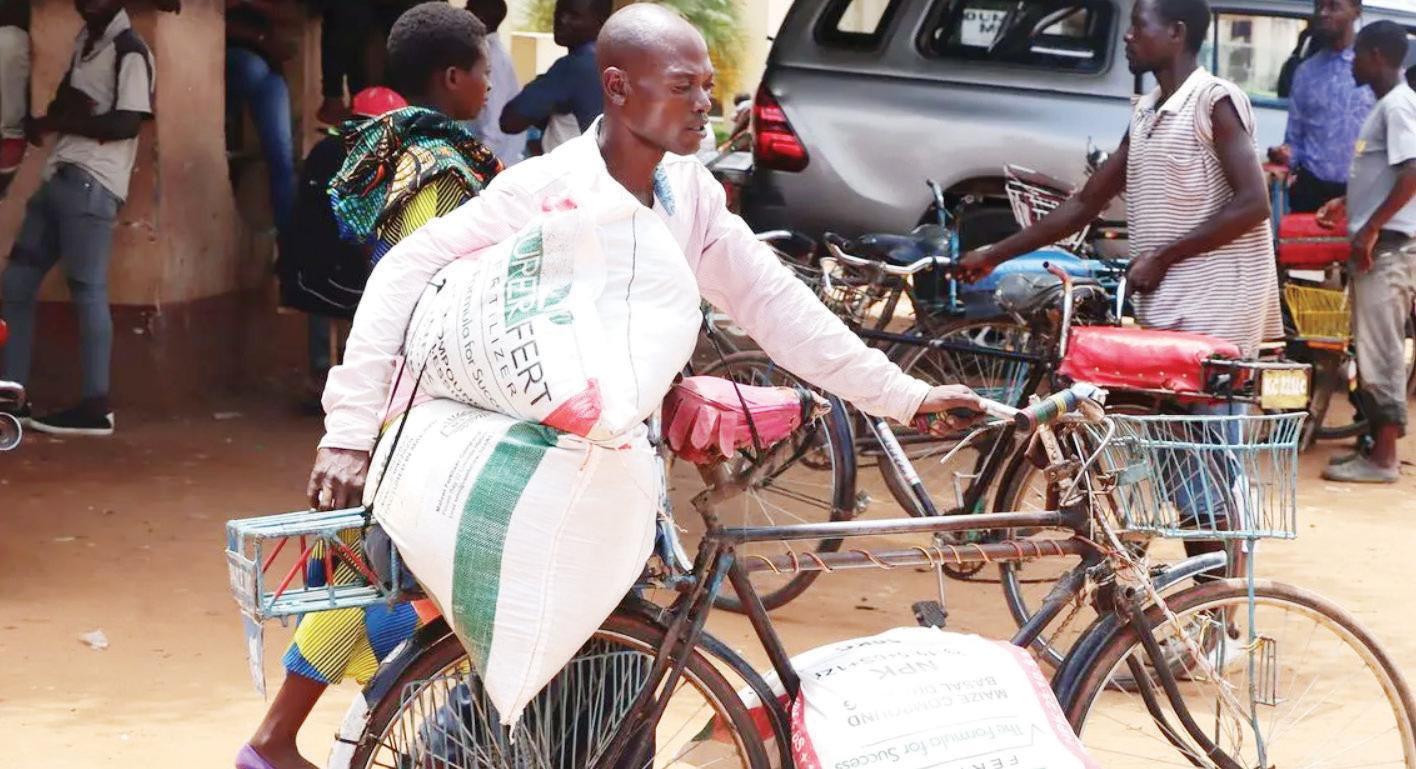Africa-Press – Malawi. Beneficiaries of the Affordable Inputs Programme (AIP) are expected to begin accessing inputs earlier this year, as the list of eligible recipients has already started being released.
The Daily Times has learned that in some parts of the Central Region, names have already been listed for the upcoming growing season, with farmers being informed that distribution is expected to begin between July and August.
Minister of Agriculture Sam Kawale neither confirmed nor denied the dates, but told The Daily Times that AIP is a continuous programme.
“This sustained distribution ensures that farmers have access to essential inputs regardless of the traditional growing seasons, facilitating increased production under irrigation. You will see fertiliser being distributed throughout the year under various crucial programmes,” Kawale said.
Although he did not specify the exact month, Kawale hinted that distribution would proceed in a manner that allows farmers to choose when to use the inputs.
“AIP fertiliser will be used for both rain-fed and irrigation farming. Those who want to go ku madimba (wetlands) will go and those who want to keep it for mvula (the rainy season) will do so,” the minister added.
He further said that Malawi’s agricultural strategy is undergoing a transformation, moving away from sole dependence on rainfall.
Preparations for this shift, he said, began long ago, with a key component being the continuous, year-round distribution of fertiliser.
In a separate interview, Civil Society Agriculture Network (Cisanet) National Coordinator Elizabeth Namaona confirmed that AIP for the last farming season is still underway.
“Logically, farmers should keep these resources for either winter farming or the next rainy season, but this is not what is happening. Farmers are selling their inputs at giveaway prices, understandably so, because of the current food insecurity situation,” Namaona said.
She added that, as an agriculture network, Cisanet is concerned about the continued failure to meet the programme’s potential, despite substantial investment.
The programme, she said, remains a logistical nightmare.
“We are happy with reports that the programme is starting very early this season. We encourage the government to make it routine that by July the process should fully commence and farmers should start redeeming, not only because it is an election year,” Namaona added.
Although it has been decades since the government began experimenting with farm input programmes, the current version has been mired in controversy, scandals, logistical challenges and questions over its long-term sustainability.
For More News And Analysis About Malawi Follow Africa-Press






